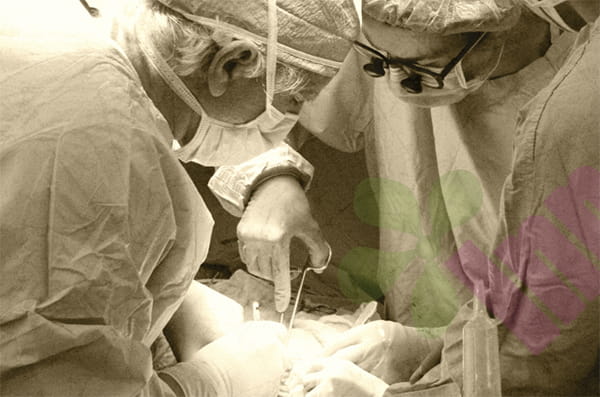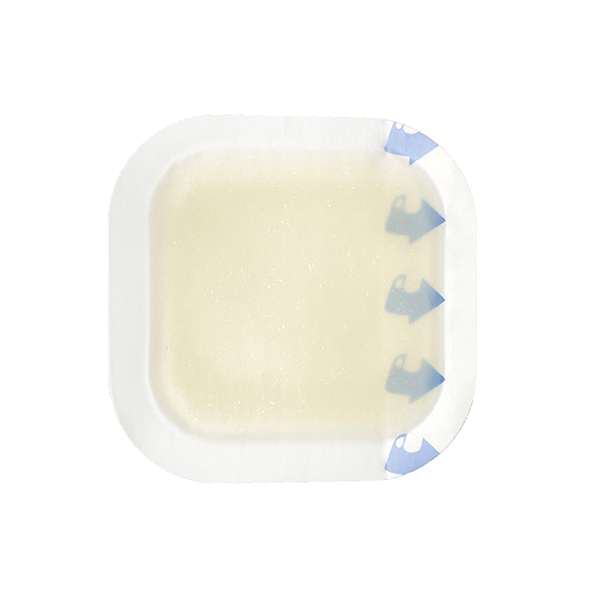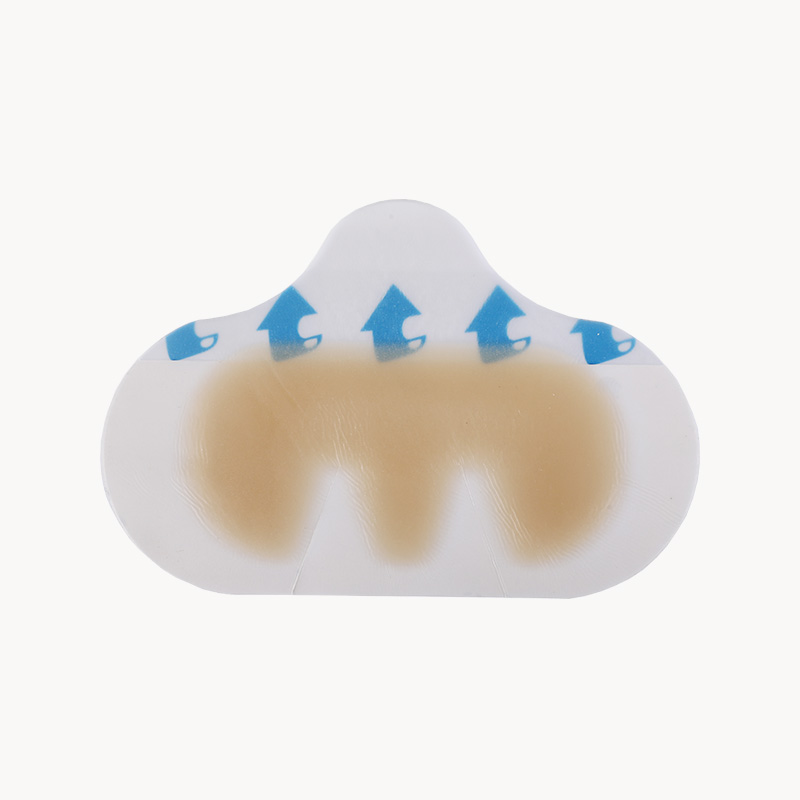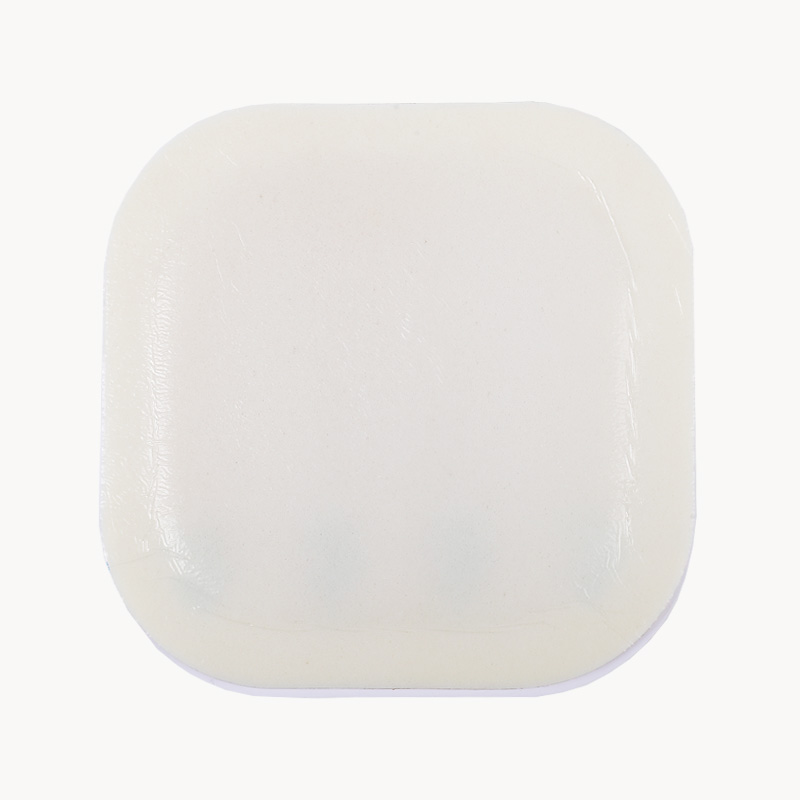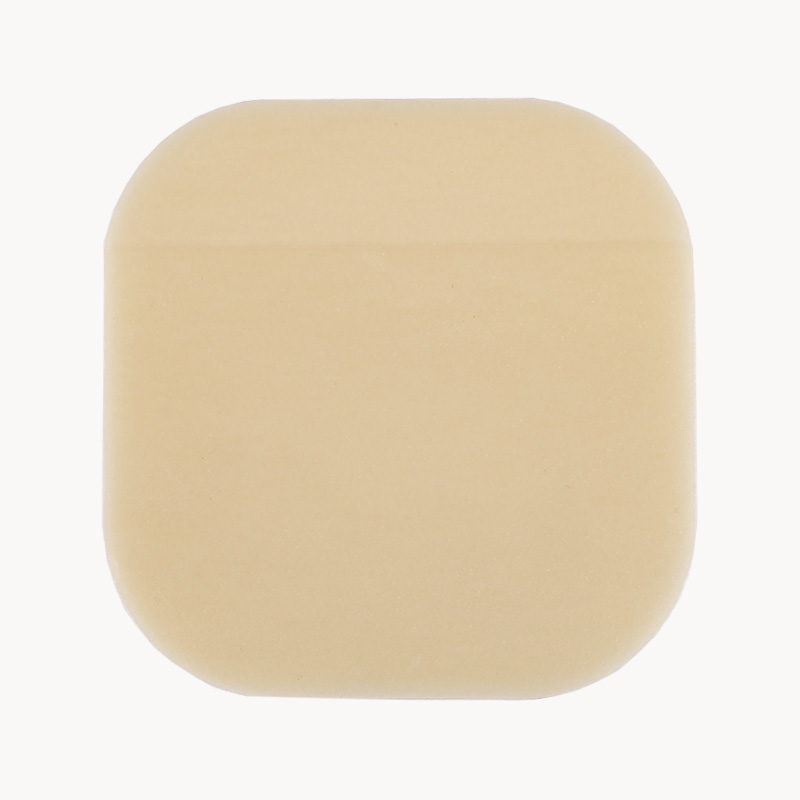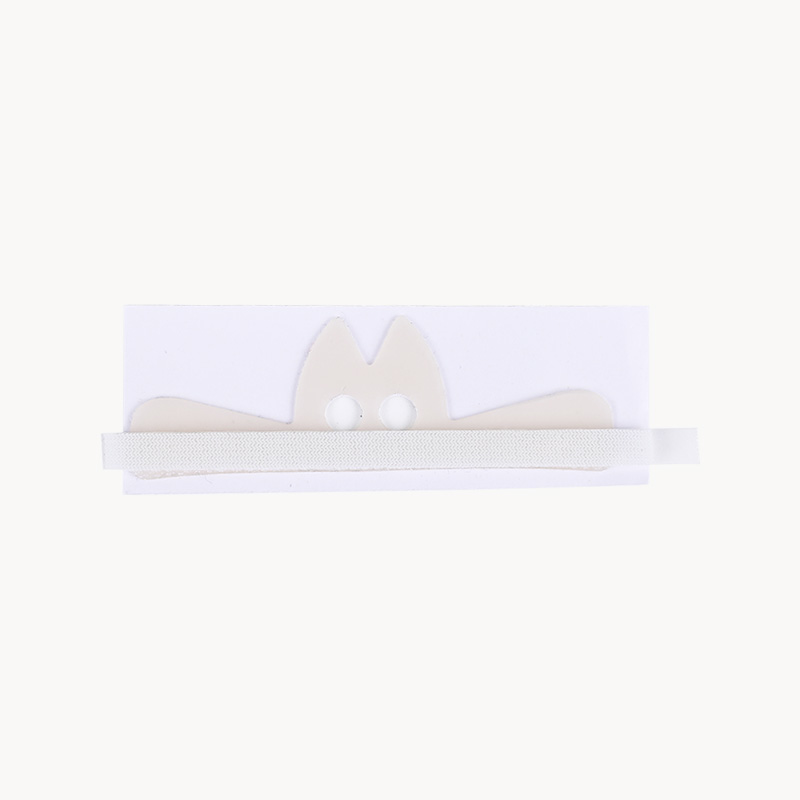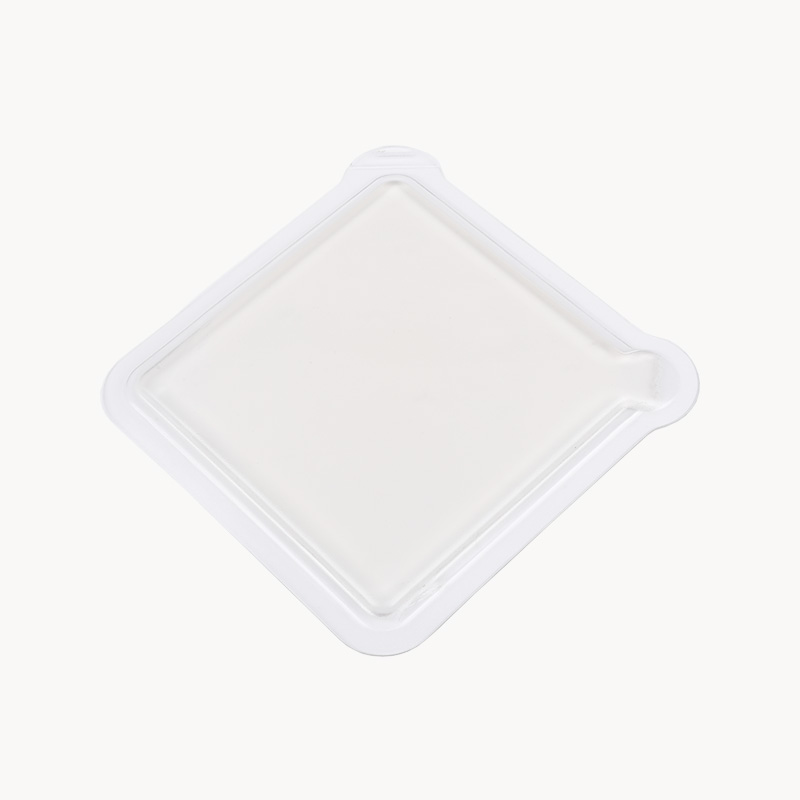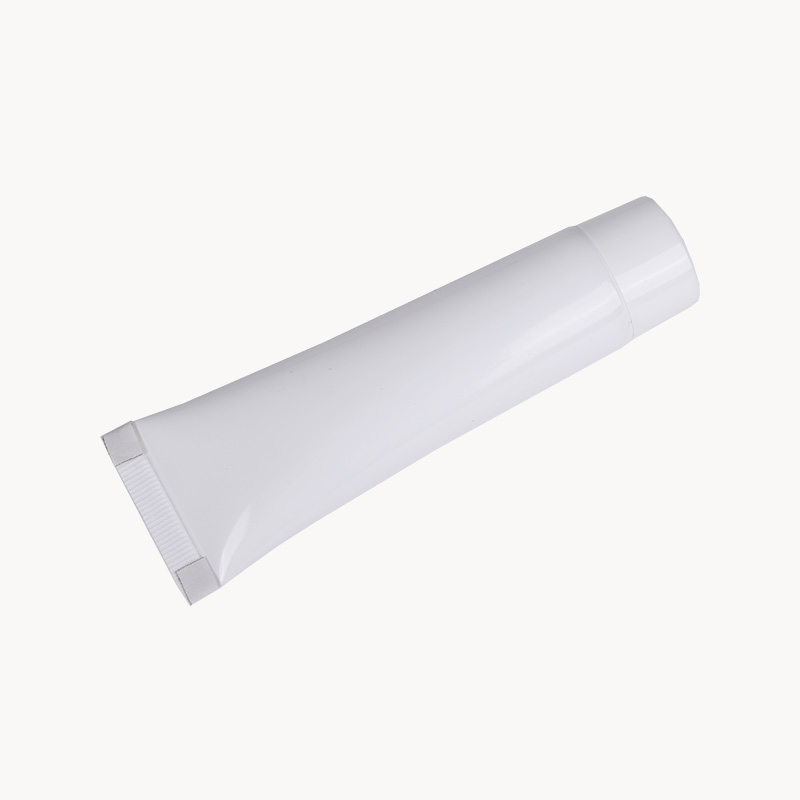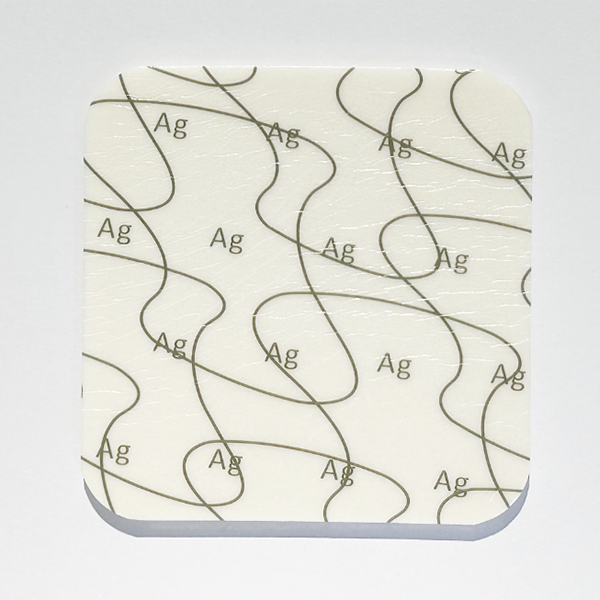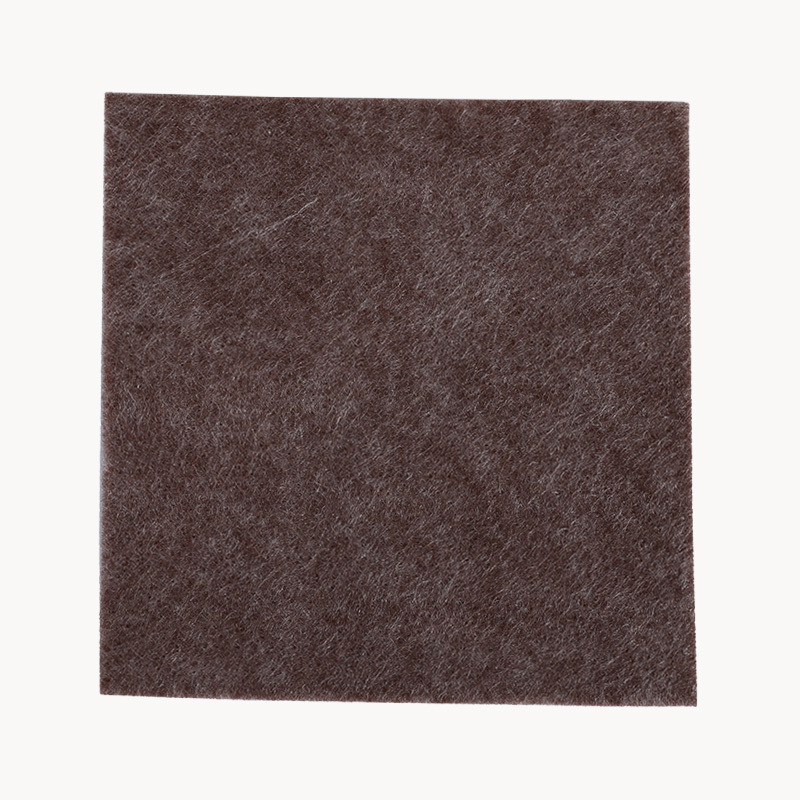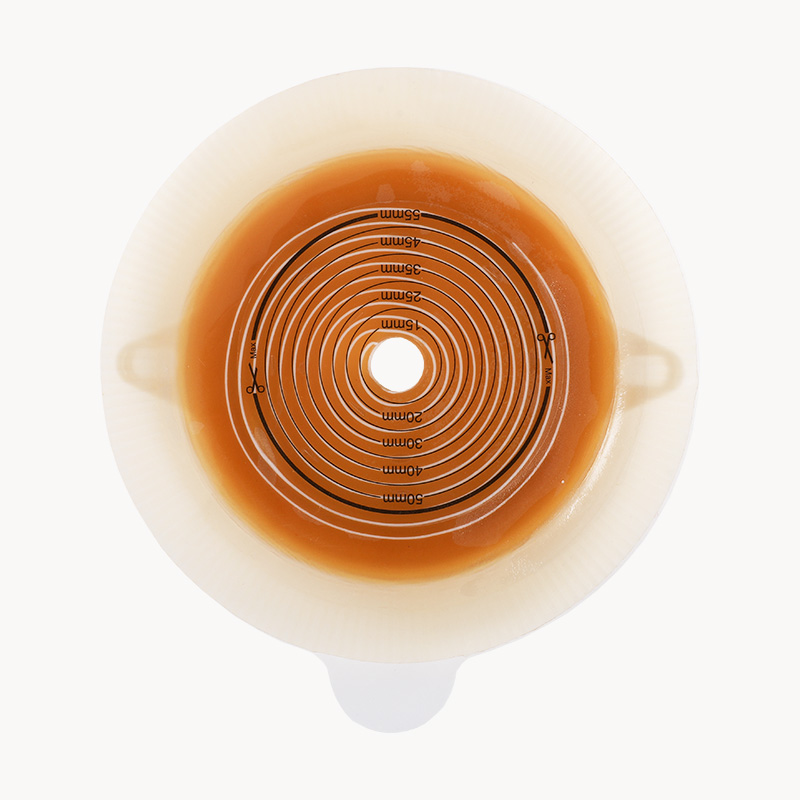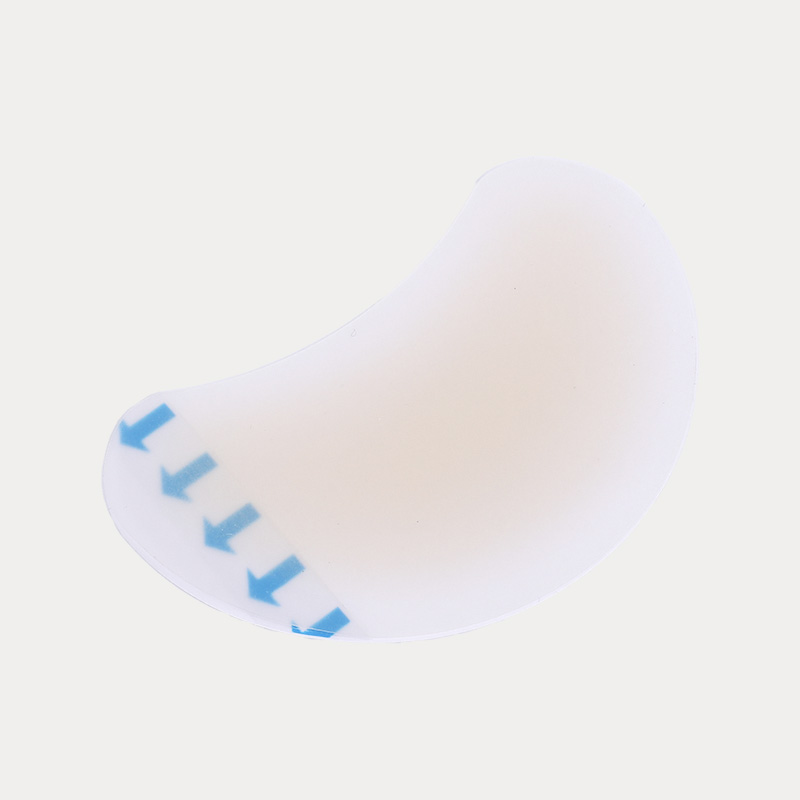Hydrogel, as an engineering miracle material, has amazing water absorption and water retention capabilities. It has been widely used in many fields of medical treatment, especially as a dressing material for wounds. However, hydrogels currently present a challenge: they have an indiscriminate adhesiveness that adheres tightly to both healthy and damaged tissue, which undoubtedly increases the potential for tissue damage during wound healing. risk.
However, researchers at McGill University seem to have found a way to overcome this problem. They found that by precisely manipulating the microscopic arrangement of the hydrogel's surface, they could not only program where it would adhere, allowing it to adhere only to specific surfaces but also regulate the strength and speed of its adhesion. This discovery revolutionized the field of wound care. Imagine that a sticky gel could be designed to adhere tightly when in contact with healthy tissue, yet maintain moderate adhesion when encountering damaged tissue, thus greatly reducing the risk of secondary damage.
This innovative research result is extremely attractive to surgeons. Zhen Yang, a postdoctoral researcher in McGill University's Department of Mechanical Engineering and lead author of the study, said: "This research has potentially huge benefits for surgeons because it can provide them with enough time to ensure that the adhesive only Precisely adhere to the desired location without unnecessary adhesion to other non-target tissues." Dr. Yang's excitement was palpable, and he continued: "Next, we look forward to exploring how this discovery can further help The design of medical devices, particularly those that require sustained release of drugs to tissue surfaces."

 English
English عربى
عربى Español
Español русский
русский 中文简体
中文简体